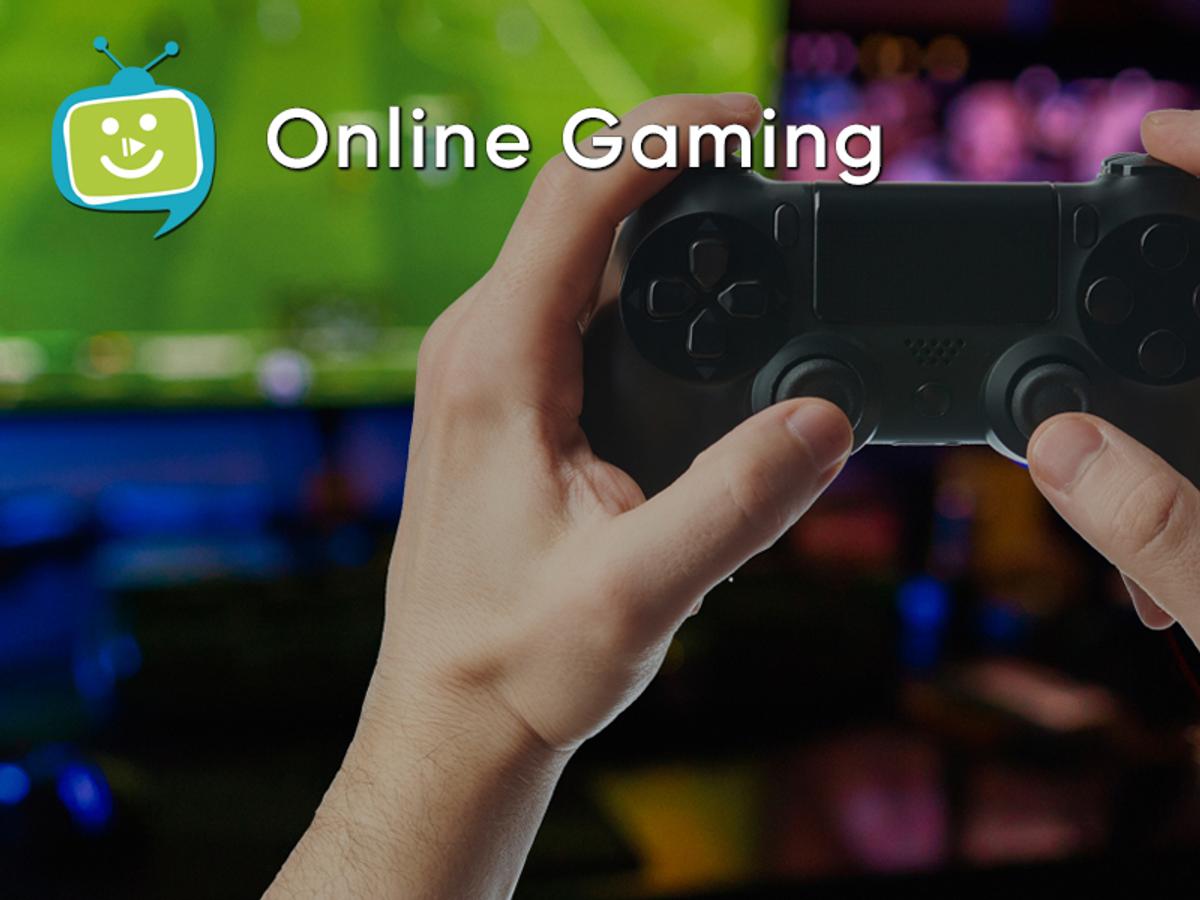Wellbeing

Tips for Parenting Tweens
Parenting tweens — kids who are about 9 to 12 years old — can be tricky. They’re navigating new demands of middle school and a more complex social landscape, not to speak of major physical changes. That can add up to a lot of pressure to fit in with their peers and measure up to expectations. At the same time, they crave more independence and are often reluctant to turn to parents for support — even when they really need it.
Childmind.org covers what parents need to know about helping kids through their preteen years. Tweens tend to struggle with self-esteem, Child Mind have advice for supporting kids who are too hard on themselves. And since friendships often get tough at this age, they’ve got guidance on helping kids who are lonely. Plus, tips on handling screen time, from social media to TV shows.
Click here to access more information.
Online Gaming
Games are an integral part of human behaviour. It is normal and healthy for young people to engage in play as a part of their daily lives, including playing games online. And like most activities, online gaming can have both positive and negative outcomes. It can be intimidating and confusing for carers trying to understand a young person’s online experiences with many considering that staring at a screen is an unhealthy habit. However, the World Health Organisation does believe that as well as the risks, there are also many positive benefits associated with online gaming and these could be key in nurturing bonds with others.
During the pandemic, there was an explosive growth of gaming as people sought much needed connection during isolation. In the media, gaming often gets bad publicity because most coverage tends to concentrate on the minority of gamers who play to such an extent that it compromises all other areas of their life. However, online gaming can teach young people many skills including teamwork, concentration, communication and problem-solving. It requires a level of interaction and skill from the player; unlike watching television, which is more passive.
Online communities provide opportunities for young people to feel socially connected and have a sense of belonging. At healthy levels, gaming can increase their self-esteem and social acceptance. However, any behaviour, when taken to extreme, can also have a negative impact on a young person’s everyday life. Understanding what your young person experiences online and knowing the warning signs if they are at risk, will help nurture a more positive relationship with online gaming and help your family find the right balance.
If you are concerned about your young person’s online gaming habits, it’s important to consider a number of factors. This edition will provide strategies in how to deal with any issues you may be experiencing. We hope you take time to reflect on the information offered in this month’s edition, and we always welcome your feedback.
If you do have any concerns about the wellbeing of your child, please contact the school for further information or seek medical or professional help.
Here is the link to this month's edition https://stphilomenasmoree.nsw.schooltv.me/newsletter/online-gaming

